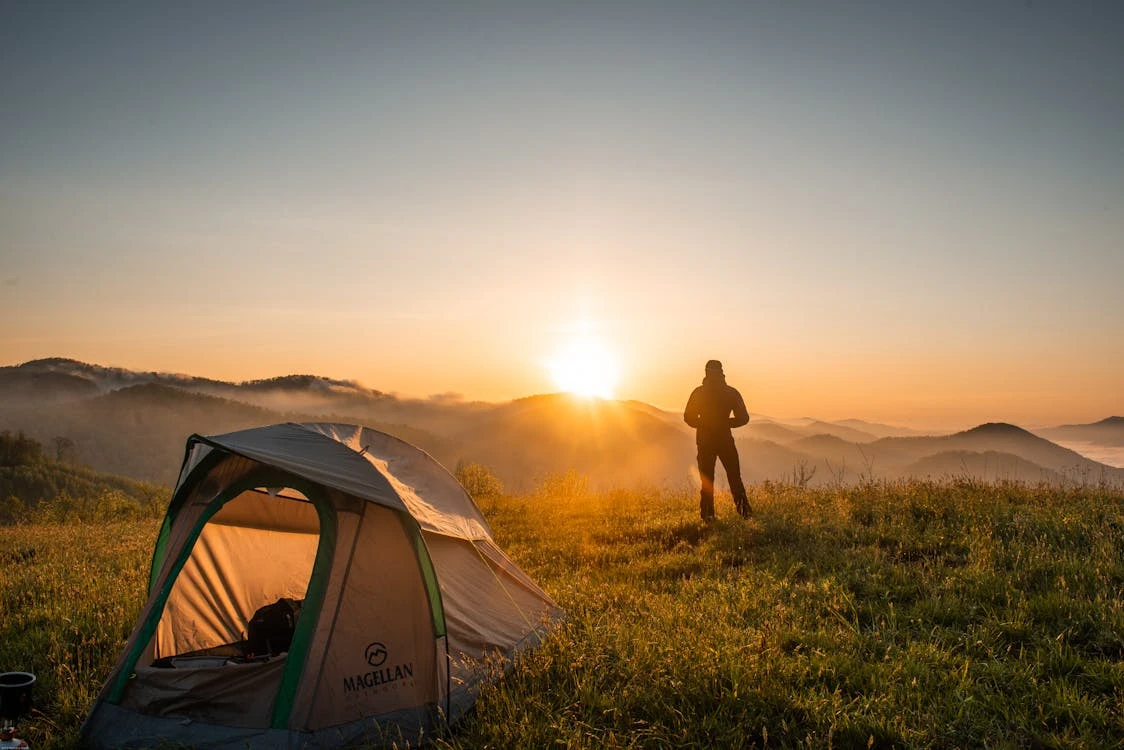
On March 28, my 95-year-old grandmother passed away peacefully in her sleep. While living, she made her wishes crystal clear: no viewing, no service, no fuss. She pre-arranged everything—down to writing her own obituary and even showing me the dress she wanted to be buried in during one of my visits.
After she passed, my uncle found a handwritten note that read, “Remember, no visitation… just take me to the cemetery when the funeral home is done with me.”
And that’s exactly what we did.
On April 1, our family gathered at the funeral home for a brief prayer at 11:00 a.m., then followed the hearse to the cemetery. A scripture was read. Another prayer was said. And then the funeral director quietly closed the service and dismissed everyone. No stories. No tributes. No celebration of her life.
Exactly what she wanted.
And while I respected her wishes, I left that cemetery feeling unsettled. Was that it? No mention of the near-century she spent on this earth. No reflection of the love she gave, the wisdom she carried, the lives she touched, or the unimaginable pain of losing two children. In my mentorship group, we often talk about the legacy we want to leave behind. But at my grandmother’s funeral, it felt like she chose to leave hers unspoken. And that silence… was deafening.
The Oxford Dictionary defines legacy as “the long-lasting impact of particular events, actions, etc. that took place in the past, or of a person’s life.”
While living, my grandma was a world-class worrier. She often said, “You know how I like to worry.” I never quite understood liking to worry—but I’ve come to think it was her way of showing love, her way of caring deeply. Yet as much as she worried about others, she never wanted anyone worrying about her.
Maybe she felt that a “bare minimum” funeral would spare us the weight of grief or responsibility.
Maybe, as a survivor of domestic abuse, she carried quiet beliefs about not being worthy of remembrance.
Maybe she truly believed she didn’t leave a legacy.
These are questions we’ll never have answers to.
But that quiet graveside service made me reflect deeply on my own legacy—and how I want to be remembered.
Legacy isn’t built at the funeral—it’s built long before it. It’s built in the everyday choices, the consistent actions, the quiet impact we leave on the people around us. It’s in the stories others will one day tell, the way you made them feel, and the life you chose to live—intentionally, unapologetically.
One day, someone will reflect on your life.
What will they say?
What story will they tell?
What legacy will you leave behind?



